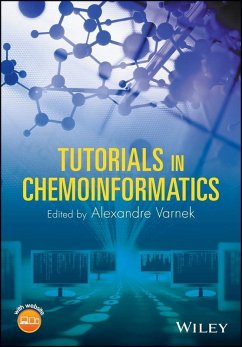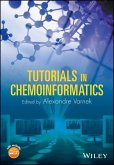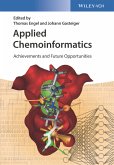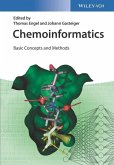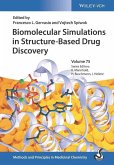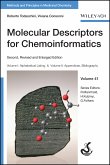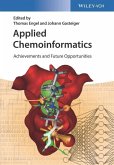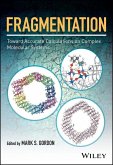30 tutorials and more than 100 exercises in chemoinformatics, supported by online software and data sets Chemoinformatics is widely used in both academic and industrial chemical and biochemical research worldwide. Yet, until this unique guide, there were no books offering practical exercises in chemoinformatics methods. Tutorials in Chemoinformatics contains more than 100 exercises in 30 tutorials exploring key topics and methods in the field. It takes an applied approach to the subject with a strong emphasis on problem-solving and computational methodologies. Each tutorial is self-contained and contains exercises for students to work through using a variety of software packages. The majority of the tutorials are divided into three sections devoted to theoretical background, algorithm description and software applications, respectively, with the latter section providing step-by-step software instructions. Throughout, three types of software tools are used: in-house programs developed by the authors, open-source programs and commercial programs which are available for free or at a modest cost to academics. The in-house software and data sets are available on a dedicated companion website. Key topics and methods covered in Tutorials in Chemoinformatics include: * Data curation and standardization * Development and use of chemical databases * Structure encoding by molecular descriptors, text strings and binary fingerprints * The design of diverse and focused libraries * Chemical data analysis and visualization * Structure-property/activity modeling (QSAR/QSPR) * Ensemble modeling approaches, including bagging, boosting, stacking and random subspaces * 3D pharmacophores modeling and pharmacological profiling using shape analysis * Protein-ligand docking * Implementation of algorithms in a high-level programming language Tutorials in Chemoinformatics is an ideal supplementary text for advanced undergraduate and graduate courses in chemoinformatics, bioinformatics, computational chemistry, computational biology, medicinal chemistry and biochemistry. It is also a valuable working resource for medicinal chemists, academic researchers and industrial chemists looking to enhance their chemoinformatics skills.
Dieser Download kann aus rechtlichen Gründen nur mit Rechnungsadresse in A, B, BG, CY, CZ, D, DK, EW, E, FIN, F, GR, HR, H, IRL, I, LT, L, LR, M, NL, PL, P, R, S, SLO, SK ausgeliefert werden.
Hinweis: Dieser Artikel kann nur an eine deutsche Lieferadresse ausgeliefert werden.

